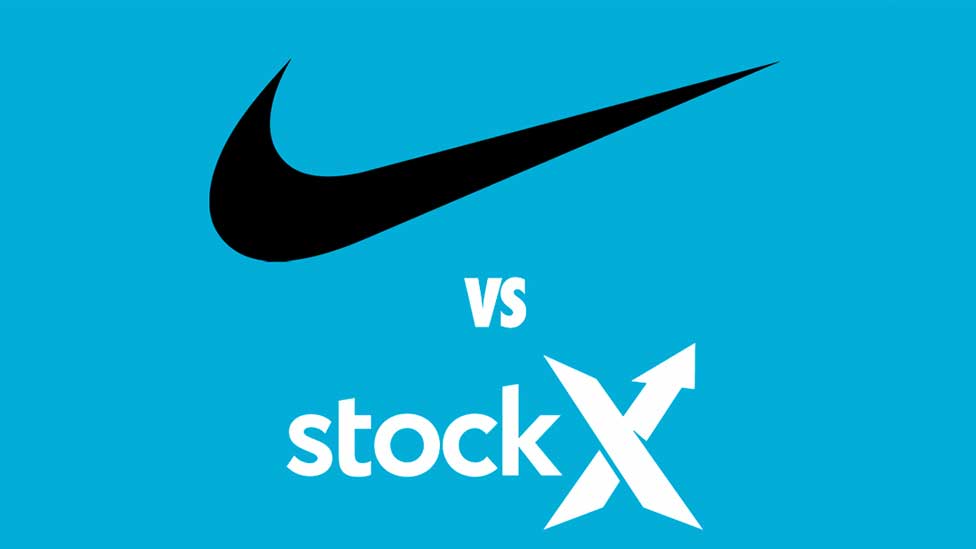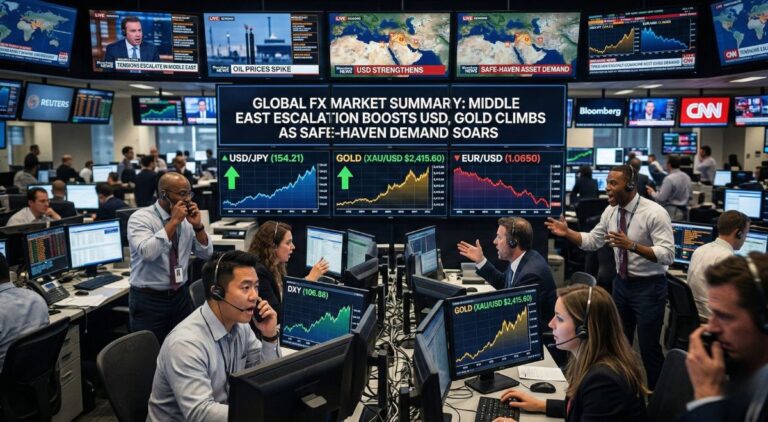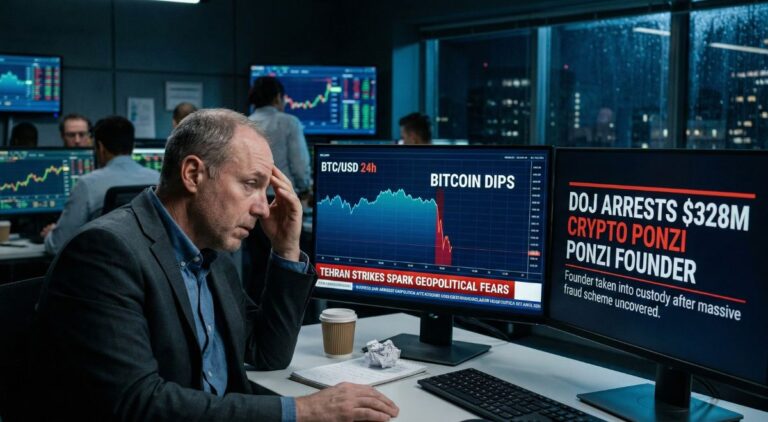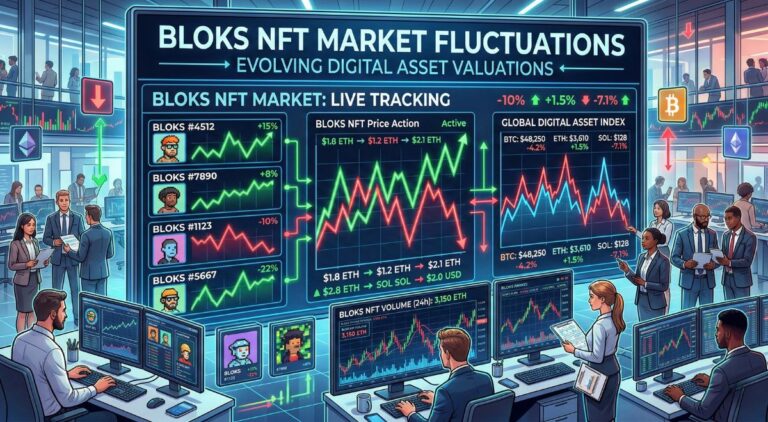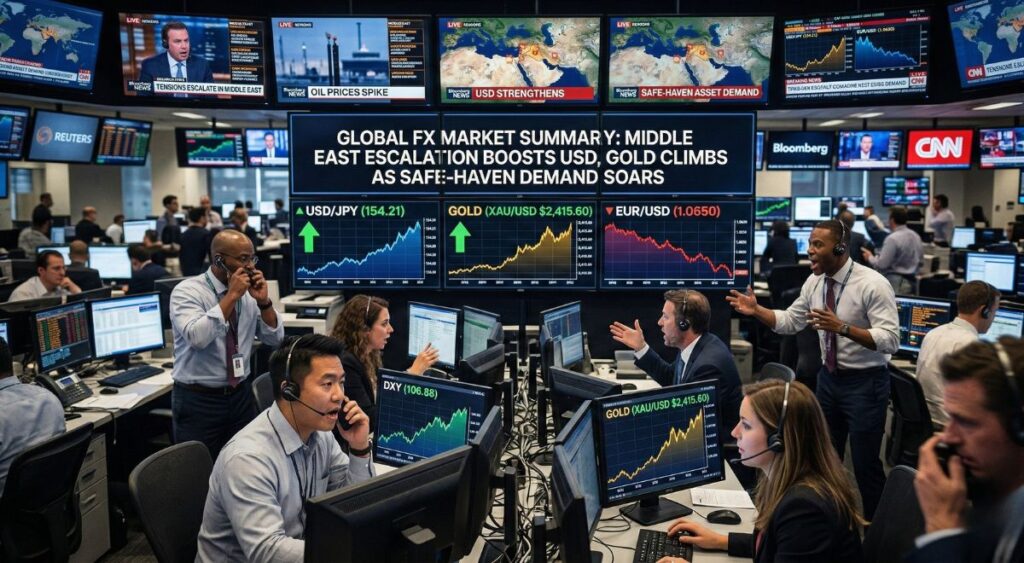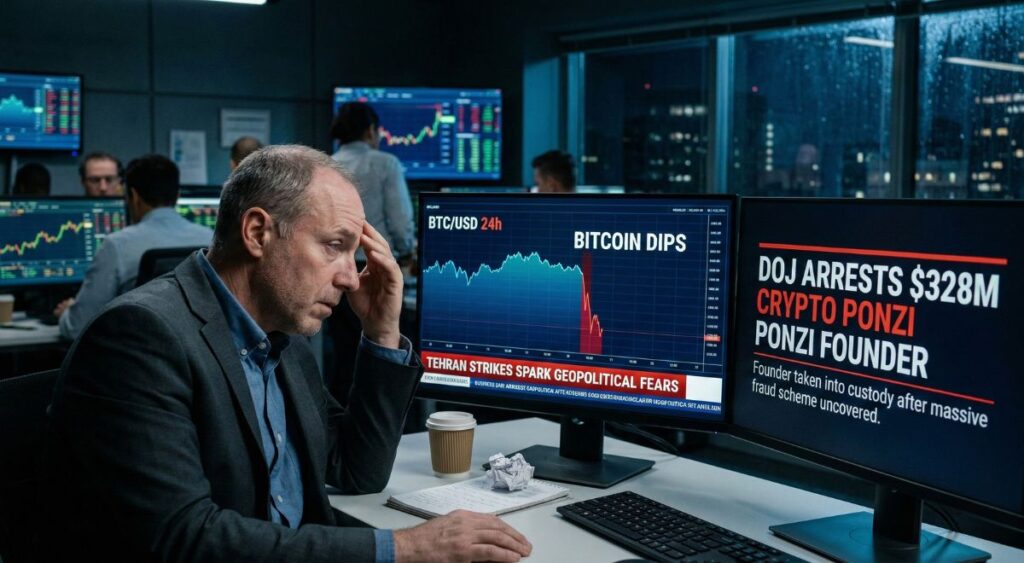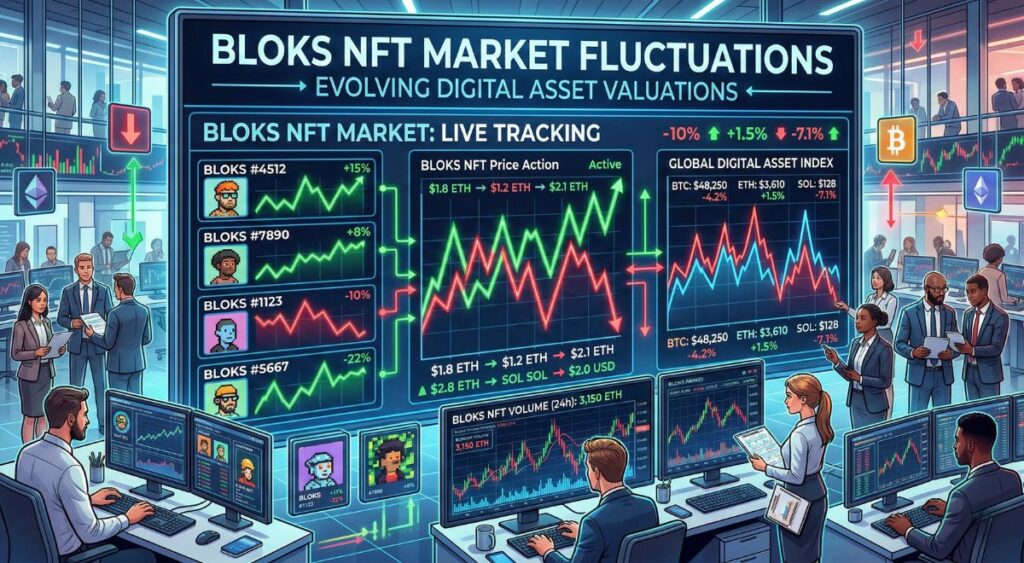New York – Sportswear giant Nike Inc. and Detroit-based resale platform StockX have reached a settlement in a three-year legal dispute over the use of Nike trademarks in non-fungible tokens (NFTs), bringing an end to one of the most closely watched cases at the intersection of fashion, resale, and blockchain.
The case, filed in the Southern District of New York in February 2022, stemmed from StockX’s launch of “Vault NFTs,” which used images of Nike sneakers to represent tokens linked to physical pairs of shoes stored in StockX’s warehouses. Nike argued the NFTs infringed its trademarks and risked misleading consumers into believing the brand had endorsed the offering. StockX countered that the tokens functioned as digital receipts designed to verify ownership and authenticity—not as standalone collectibles.
Courtroom Battles and Counterfeit Claims
The dispute escalated in March 2025, when U.S. District Judge Valerie Caproni granted Nike a partial win. The court found StockX liable for distributing counterfeit sneakers tied to four pairs sold to Nike’s undercover investigators and another 33 pairs purchased by a customer. While that ruling strengthened Nike’s case, it left several key claims unresolved, setting the stage for a public trial later this year.
Instead, in late August 2025, both parties reached a settlement. All claims were dismissed with prejudice, sparing StockX the risk of a damaging verdict while allowing Nike to avoid the uncertainty of having its brand protection strategy tested before a jury.
Implications for NFTs and Brand Protection
The resolution delivers a cautionary note to platforms blending real-world products with blockchain tokens. Analysts say the outcome underscores the need for strict brand control and compliance with intellectual property laws.
“NFTs functioning as receipts for physical goods will survive,” explained Dan Dadybayo, research and strategy lead at Unstoppable Wallet. “But tokens that drift into standalone collectibles without brand approval will face increasing legal pressure.”
Hank Huang, CEO of Kronos Research, added that trademark rights are becoming critical for building credible and compliant platforms as the tokenized collectibles market matures.
Legal Recognition of NFTs as Goods
The Nike-StockX case aligns with a broader legal trend: courts are increasingly recognizing NFTs as goods protected under U.S. trademark law. In a landmark ruling earlier this year, the Ninth Circuit Court of Appeals held in Yuga Labs, Inc. v. Ryder Ripps and Jeremy Cahen that NFTs are not merely digital files but legally recognized commercial products subject to the Lanham Act.
That decision, coupled with Nike’s settlement, signals that the legal environment around NFTs is tightening. Platforms offering tokenized products will need to demonstrate stronger compliance to avoid disputes that could undermine their business models.
A Turning Point for Tokenized Collectibles
For Nike, the settlement protects its brand from unauthorized digital use while sidestepping the unpredictability of a jury trial. For StockX, it prevents a potentially damaging precedent that could have jeopardized its broader marketplace operations.
More broadly, the case represents a turning point for the NFT industry. As tokenized collectibles gain traction, the settlement and recent court rulings make clear that brand-approved, IP-compliant NFTs will define the next phase of the market, while gray-area resale platforms face increasing scrutiny.
With regulatory frameworks evolving and high-profile cases like Nike v. StockX shaping precedent, the era of freewheeling NFT experimentation appears to be giving way to a more disciplined—and brand-controlled—future.

